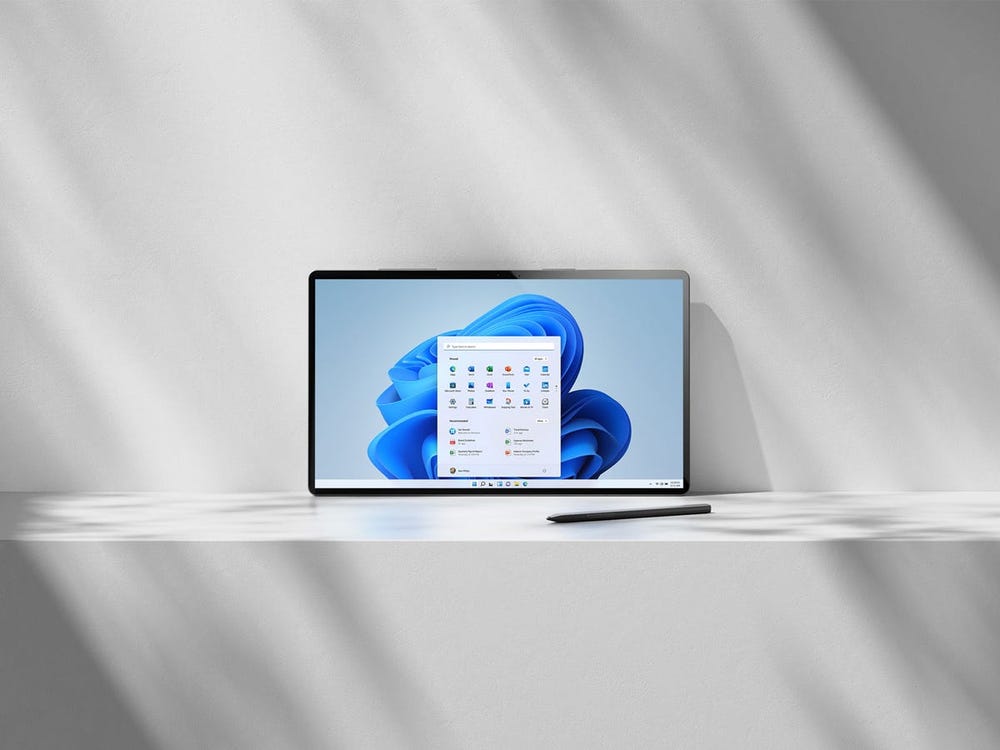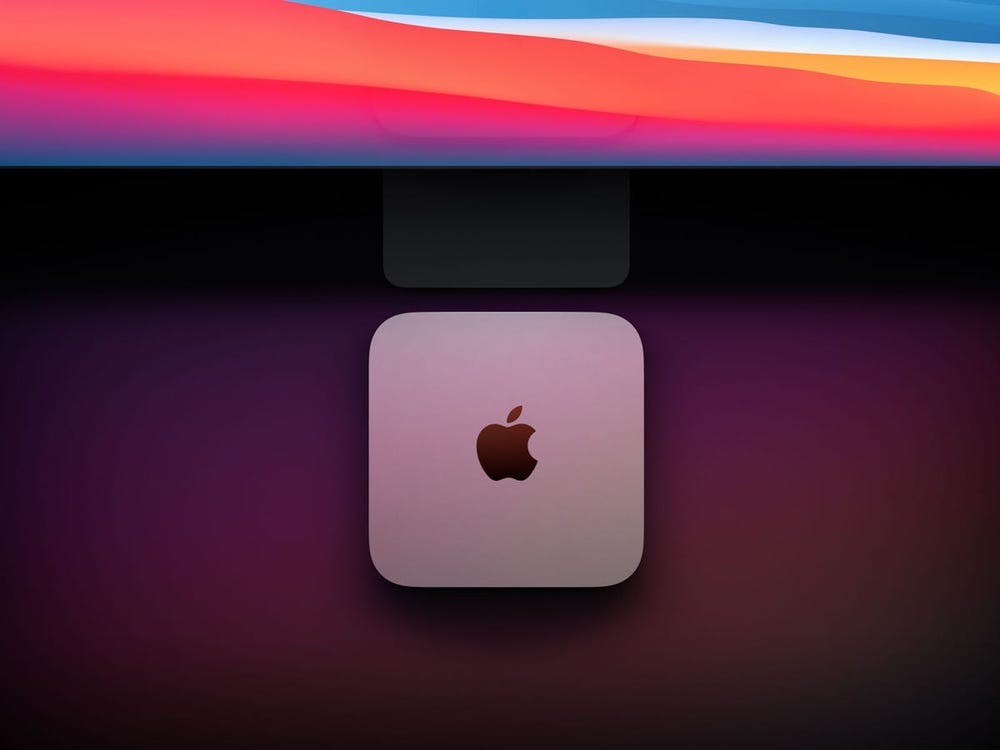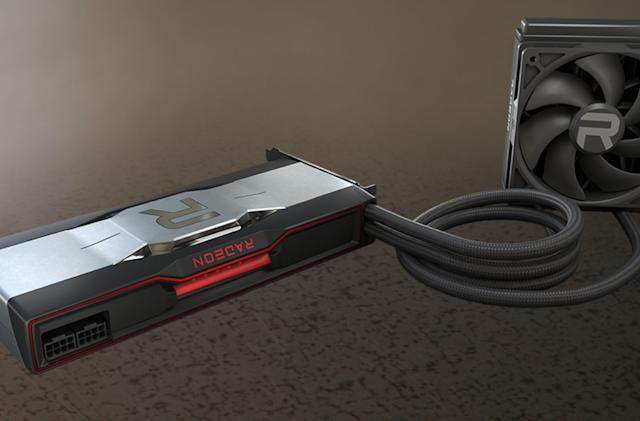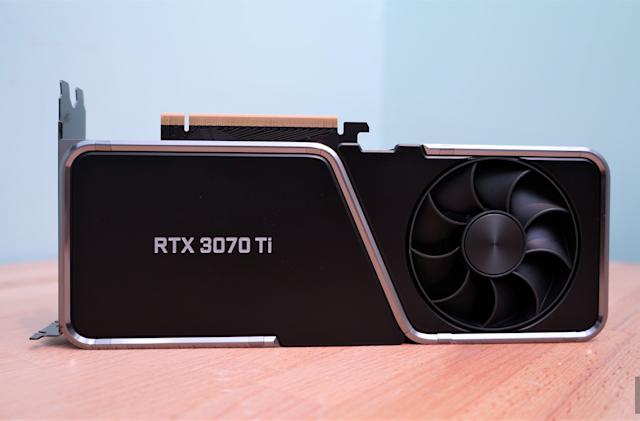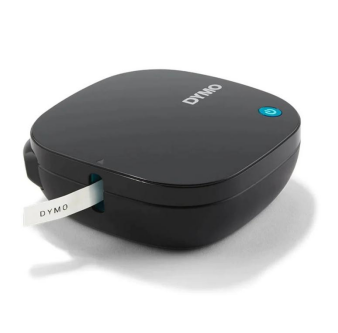Get to Know the Processor in Your Smartphone
Your smartphone is a complex piece of technology with hundreds of components that work together to keep it running smoothly. One of the most important components is the processor, which acts as the brain of your phone. But what is a processor, exactly? And what does it do? In this blog post, we'll provide an overview of smartphone processors and how they work. Read on to learn more!
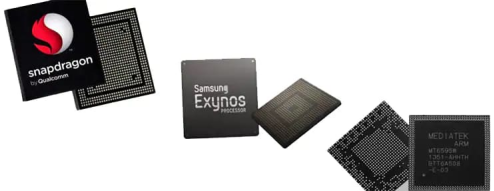
What is a Processor?
A processor is essentially the brain of your smartphone. It powers all of the functions that you use on a daily basis, from checking emails and sending text messages to listening to music or playing games. Every processor has different specifications, so no two are exactly alike. Generally speaking, however, each processor contains several components that allow it to operate. These components include things like cores (which process instructions), caches (which store data for quick retrieval), and instruction sets (which tell the processor what tasks need to be performed).
How Does a Processor Work?
The work done by a processor takes place in several stages. First, instructions are fetched from memory and then decoded by the core. Next, those instructions are executed using either an arithmetic logic unit (ALU) or a floating point unit (FPU). Then, any necessary data is retrieved from memory and stored in a cache for quick access if needed later on. Finally, the results are written back into memory so they can be used later on by other programs or applications running on your device. This process happens over and over again as your smartphone processes different tasks throughout the day.
What Are Some Popular Processors?
There are many different types of processors available today; here are some of the best.
Qualcomm Snapdragon 888
The Qualcomm Snapdragon 888 is one of the most powerful smartphone processors available today. It offers up to 3GHz clock speeds and is built on an 8nm process node. This processor also has 5G connectivity capabilities, allowing you to get faster speeds with less lag time when browsing or streaming content online. The Snapdragon 888 also supports UFS 3.1 storage technology and LPDDR5 RAM, making it an excellent choice for those looking for a powerful processor in their next smartphone.
Apple A14 Bionic Chip
The Apple A14 Bionic chip is found in the iPhone 12 series. This processor is built on a 5nm process node and has 6 cores (4 high-performance cores + 2 energy-efficient cores). It offers up to 4GB of RAM in its current models and supports both Wi-Fi 6E and Bluetooth 5.2. Thanks to its power-efficient design, this processor delivers great performance without sacrificing battery life.
Huawei Kirin 9000 Processor
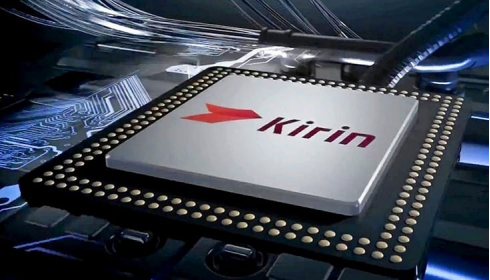
The Huawei Kirin 9000 is yet another powerful smartphone processor that powers some of Huawei's flagship models such as the Mate 40 Pro Plus and P50 Pro+. This processor is built on an advanced 7nm+ process node and offers up to 3GHz clock speeds with 5G capabilities. The Kirin 9000 also supports LPDDR5 RAM and UFS 3.1 storage technology for fast multitasking performance. Additionally, this chip features an AI-enhanced image processing unit that helps improve camera quality on смартфон huawei.
Conclusion
Knowing about smartphone processors can help you make an informed decision when shopping for a new device. By understanding what these powerful components do and which ones offer certain features or advantages over others, you can find the perfect phone that meets all your needs without breaking the bank! With this knowledge under your belt now you'll be well prepared to pick out the right phone with just the right combination of specs and features!



